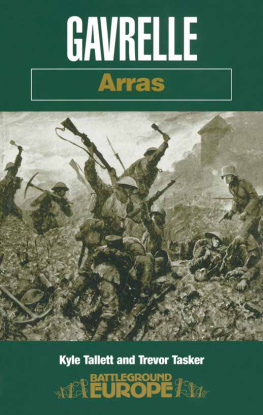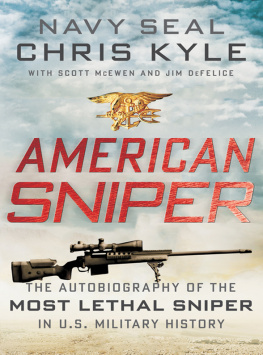2013 by the University Press of Kansas
All rights reserved
Published by the University Press of Kansas (Lawrence, Kansas 66045), which was organized by the Kansas Board of Regents and is operated and funded by Emporia State University, Fort Hays State University, Kansas State University, Pittsburg State University, the University of Kansas, and Wichita State University
Library of Congress Cataloging-in-Publication Data
Longley, Kyle.
The Morenci marines : a tale of small town America and the Vietnam War / Kyle Longley.
pages cm.(Modern war studies)
Includes bibliographical references and index.
ISBN 978-0-7006-1934-4 (hardback)
eISBN 978-0-7006-2025-8(ebook)
1. Vietnam War, 19611975Biography.2. Vietnam War, 19611975VeteransUnited StatesBiography.3. United States. Marine CorpsBiography.4. MarinesArizonaMorenciBiography.5. Morenci (Ariz.)Biography.I. Title.
DS557.5.L66 2013
959.70430922dc23
[B]
2013021887
British Library Cataloguing-in-Publication Data is available.
Printed in the United States of America
10987654321
The paper used in this publication is recycled and contains 30 percent postconsumer waste. It is acid free and meets the minimum requirements of the American National Standard for Permanence of Paper for Printed Library Materials Z39.48-1992.
Preface and
Acknowledgments
On a warm desert morning on April 30, 2000, I walked out of my house and to the sidewalk to pick up the Sunday Arizona Republic. Little did I know that I soon would embark on a long journey of research and writing.
That day, Betty Reid wrote a story, nearly two full pages long, about a band of brothers, most of them recent graduates of Morenci High School, who had headed to Marine boot camp on July 4, 1966. Within two and a half years, six of the nine died in combat in Vietnam. The newspaper piece articulated well the sorrow of the three who survived as well as the community. As I read the story, I fixated on its importance and how much more probably existed to it.
After reading the piece, I cut it out and filed it away. I already had a number of projects under way on topics ranging from USLatin American relations to a biography of a prominent antiwar Tennessee senator. Still, I wanted to write a longer version of that Arizona Republic article.
Slowly, I began amassing materials and doing some interviews. Even then, I realized that I needed to know more about the experiences of Americans who served in the front lines in Vietnam. Although several good surveys existed, they largely did not cover people like the nine young men from the Southwest. I backtracked and wrote another book, a macrostory on Vietnam combat soldiers entitled Grunts: The American Combat Soldier in Vietnam. Once that work was completed in 2008, I dived headfirst into this book.
Though I wrote four other books in the past decade, this story was the one that I woke up thinking about each morning and the one on my mind when I fell asleep. It consumed me, all elements of it. I wanted to understand why the nine marched off to war, even as it became increasingly unpopular. I sought to better comprehend how the community shaped them. I needed to better determine how their friendship played out, both in life and in death. Many more questions arose as I pushed forward, a process that never proceeded fast enough for me or others. Still, after years of hard work, the final product came together.
There are many people to thank for sacrificing their time to assist me. George Herring, my doctoral adviser and a dean of the historians of the Vietnam War, read chapters and provided insightful feedback. He remains the single most important intellectual influence in my life as well as a good friend who never anticipated the frequent phone calls and correspondence that would come years after he sent me out into the academic world.
The same dedication to this book also came from one of my favorite people in the world: Vicki Ruiz. She provided encouragement throughout, from writing grants to finishing the work. During her time at Arizona State University and then at University of CaliforniaIrvine, she took time out of her busy schedule to talk with me not only about this project but also about her own work, which strongly shaped my focus on topics related to race and gender. She remains a valued friend and colleague.
Another instrumental person in this process has been my close friend and mentor Shirley Eoff at Angelo State University. She provided me wonderful editorial support throughout, reading and correcting every grammatical misstep. She also proved a great sounding board for many of the ideas as well as the structure of the book. I truly have benefited from her expert editorial skills and guidance.
Others have devoted their time and expertise to this project. Good friends from my days at the University of Kentucky have been invaluable, including Steve Wrinn, Bob Brigham, Nick Sarantakes, and Col. John Shaw. The same is true for colleagues at Arizona State University, among them Ed Escobar, Gayle Gullett, Matt Garcia, Keith Miller, Carlos Vlez-Ibez, Phil Vandermeer, Catherine ODonnell, Rachel Fuchs, Andrew Barnes, Chouki El-Hamel, Don Critchlow, and Linda Sargent Wood. I have also had some wonderful students, both graduate and undergraduate, who served as sources of intellectual stimulation, including Col. Tim Cochran, Jean-Marie Stevens, Blake Jones, James Holeman, Jon Flashnick, Sabrina Thomas, Carlos Lopez, Ali Rund, Dylan Crane, Michael Minerva, and Seth Pate. A special thanks goes to my former dean, Quentin Wheeler, who has been a great proponent and friend. Finally, archivist Chris Marin and Arizona historian extraordinaire Marshall Trimble (as well as his songwriting partner Pete Willman) gave me guidance on uncovering materials and provided insights into living in an Arizona mining community.
I have been blessed with being a member of a wonderful community of scholars. Many friends inspire me with their own work and camaraderie, such as Mitch Lerner, Andrew Preston, Jason Parker, Jason Colby, Ron Milam, Dustin Walcher, David Schmitz, Richard Immerman, David Anderson, Andy Fry, Carol Adams, Seth Jacobs, Bob McMahon, Laura Belmonte, Jim Seikmeier, Brian Delay, Ann Heiss, Peter Hahn, Tom Zeiler, Kathryn Statler, Alan McPherson, Max Friedman, Jeremy Kuzmarov, Anne Foster, Ken Osgood, Brad Coleman, Andy Johns, Elizabeth Cobbs, Michael Schaller, Terry Anderson, Molly Wood, Walter LaFeber, Thomas Paterson, Michael Hogan, Scott Laderman, Marilyn Young, Marc Selverstone, Lien Hang-Nguyen, Thomas Schwartz, Emily Rosenberg, David Snyder, Brian Ethridge, Fred Logevall, and Jeff Engel. Other influential colleagues include David Wrobel, Janet Fineman, Peter Blodgett, Lorena Oropeza, Tom Turley, Al Camarillo, Barbara Molony, Al Hurtado, Andy Kirk, Carl Abbott, David Igler, Kevin Leonard, David Johnson, and Susan Schmid.




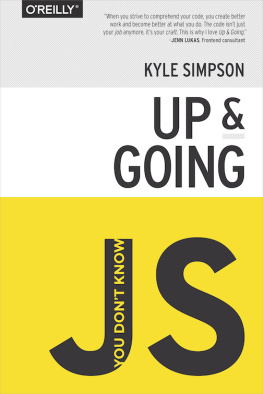
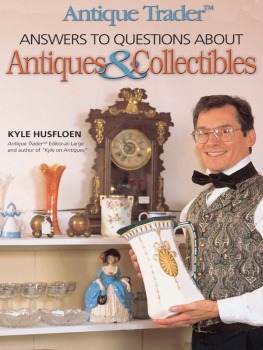
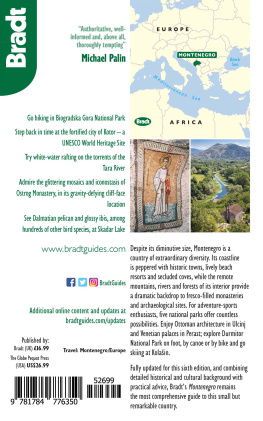
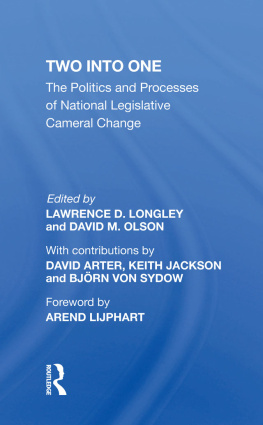
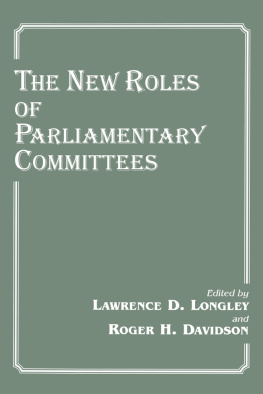
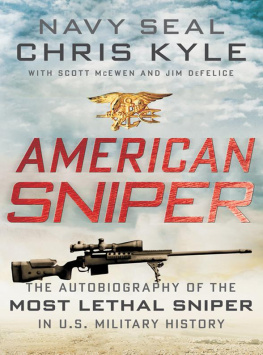
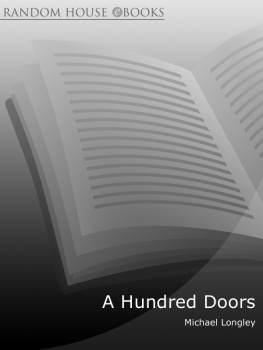
![Kyle Simpson [Kyle Simpson] - You Don’t Know JS: Up & Going](/uploads/posts/book/121420/thumbs/kyle-simpson-kyle-simpson-you-don-t-know-js.jpg)
